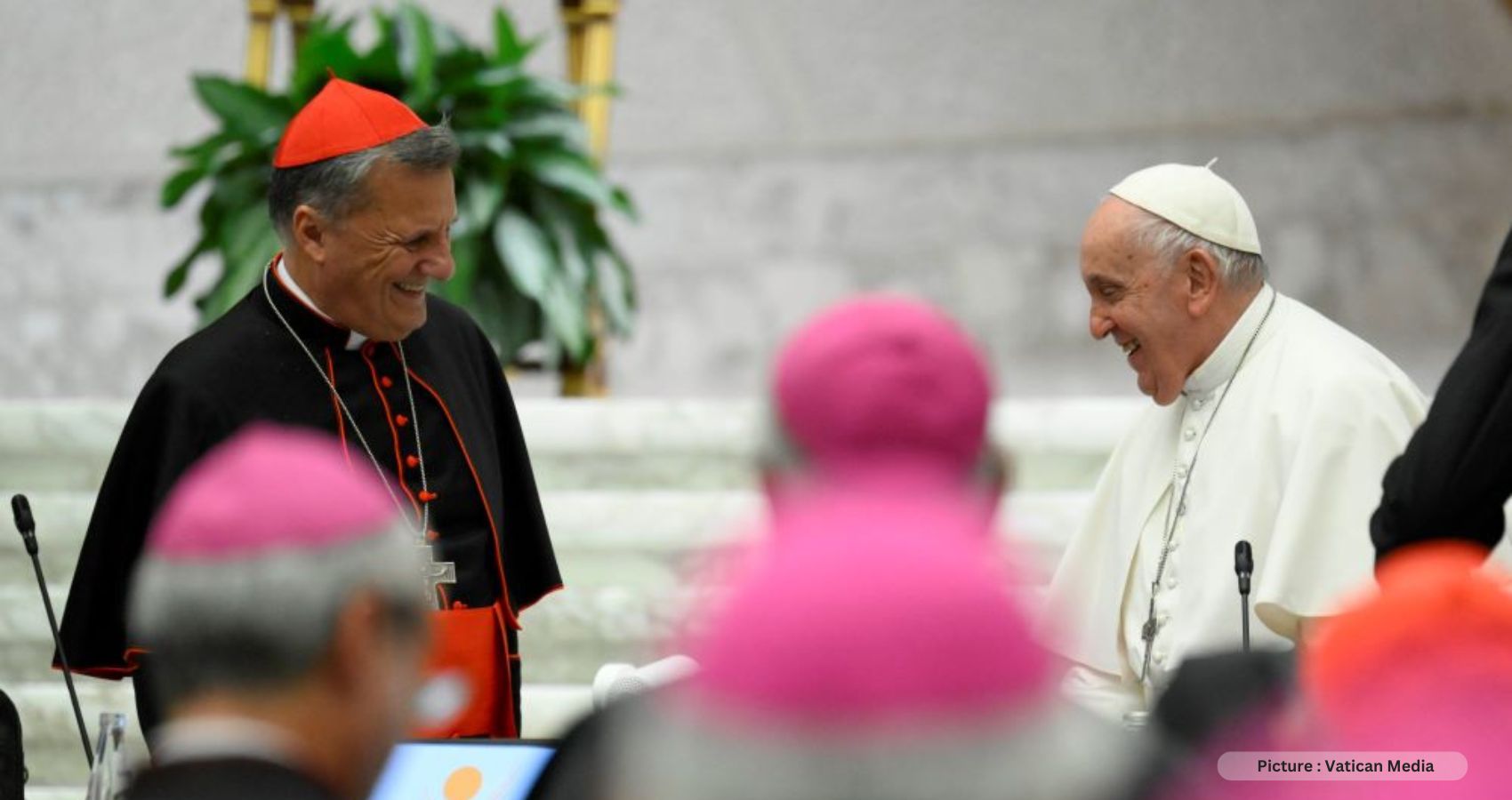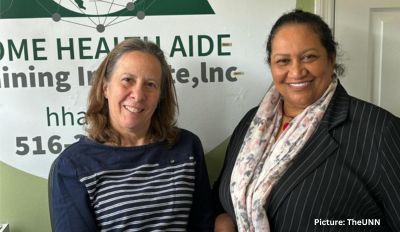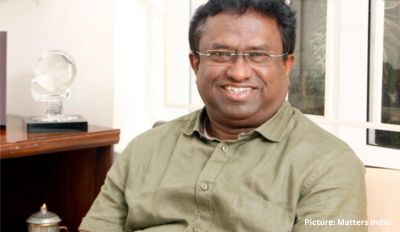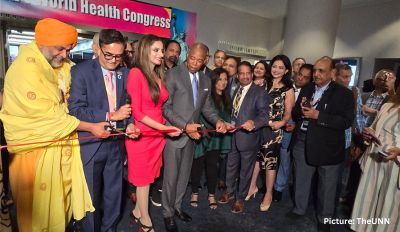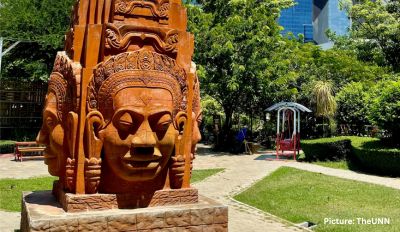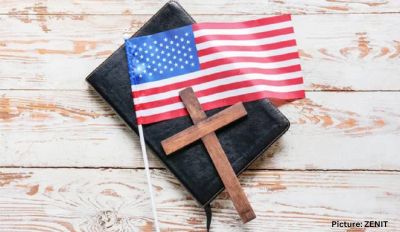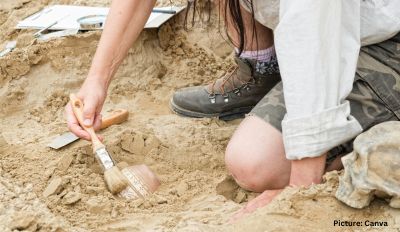Pope Francis’ significant summit addressing the future of the Catholic Church concluded on October 28, but it deferred a decision on the potential ordination of women as deacons and did not openly acknowledge the profound tensions that arose during a month of discussions regarding the Church’s approach to LGBTQ members.
A comprehensive 41-page report, ratified and unveiled that evening, recommended that the findings from prior papal and theological commissions on women’s ordination as deacons should be presented for further evaluation at the forthcoming Synod of Bishops, scheduled for October 2024. The report, titled “A synodal church in mission,” came after an intense month of deliberations at the Vatican among approximately 450 participants, focusing on significant issues, including the involvement of women in church ministries, clerical sexual abuse, and improved inclusivity for LGBTQ Catholics.
In contrast to previous documents leading up to this closely-watched assembly, the synthesis report adopts a much more cautious tone. Although it proposes 81 ideas, they often remain quite open-ended or general, and the text calls for further theological or canonical exploration, evaluation, or deliberation on numerous occasions.
Pope Francis officially launched his “synod on synodality” in 2021, a multiyear, multi-phase process aimed at exploring how the Church’s ministries and structures can become more inclusive. The newly released report outlines areas of agreement, topics for consideration, and ideas discussed during this month’s assembly, expected to set the stage for ongoing debates in the year leading up to next year’s assembly.
The participants voted on each paragraph of the final text through the early evening of October 28, requiring a two-thirds majority of the voting members for passage. The paragraphs primarily concerning the possibility of women becoming deacons faced substantial opposition. One was approved by a vote of 277-69, while the other received approval with a vote of 279-67. A paragraph addressing clerical celibacy also faced significant opposition but was passed with a vote of 291-55.
Cardinal Jean-Claude Hollerich, one of the leading organizers of the synod, expressed his amazement that many people had voted in favor of the paragraphs discussing women’s leadership in the Church, suggesting that resistance might not be as significant as previously thought.
Regarding LGBTQ Catholics, Cardinal Mario Grech, who heads the Vatican’s synod office, emphasized the need to “respect everyone’s pace” and clarified that having a stronger voice does not guarantee success.
Jesuit Fr. James Martin, a popular spiritual author and editor of the LGBTQ Catholic publication Outreach, who participated in the synod as a voting member, expressed disappointment but not surprise regarding the outcome for LGBTQ Catholics. He wished that some of the open and candid discussions had been included in the final synthesis.
For the first time in the history of the Synod of Bishops, about 50 women were granted voting rights by Pope Francis at this assembly. While the final report they contributed to did not immediately call for the ordination of women as deacons or even mention the ordination of women as priests, it contained explicit language about the role of women in church leadership.
The text acknowledged that women in the assembly spoke of a Church harmed by clericalism, a chauvinistic mentality, and inappropriate expressions of authority. The assembly also made a “clear request” for the recognition and appreciation of women’s contributions and an increase in their pastoral leadership.
The report also asked how the Church can incorporate more women into existing ministries and raised the question of discerning new ministries and the process for doing so.
On the topic of ordaining women as deacons, the report took a balanced approach, acknowledging that some found it “unacceptable” due to a perceived break with tradition, while others viewed it as a way to respond to the signs of the times and revitalize the Church. Pope Francis had previously formed two special commissions to examine the historical aspects of ordaining women as deacons, although the results of these commissions have not been made public.
The report emphasizes the need to continue theological and pastoral research on women’s access to the diaconate, drawing on the results of the special commissions established by Pope Francis. It suggests that the outcomes of this research should be presented at the next session of the assembly.
The report also underscores the necessity for addressing employment injustices and unfair compensation for women in the Church, particularly those in consecrated life, who are often treated as inexpensive labor. Additionally, it proposes a review of liturgical texts and church documents to ensure gender-inclusive language and narratives that reflect women’s experiences.
The synod brought to the forefront emotional discussions on the Church’s response to LGBTQ Catholics, including the tragic testimonial of a bisexual woman who took her own life after feeling rejected by the Church. However, the final report mostly glosses over the tensions that arose on this matter.
Addressing issues related to sexuality and identity, the report acknowledges that these issues raise “new questions.” It emphasizes the importance of “listening and accompanying” such individuals or couples and cautions against using language or making “simplistic judgments” that could harm individuals and the Church.
The report reflects the deep sense of love, mercy, and compassion expressed during the assembly for those who have felt hurt or neglected by the Church. It highlights the need for a safe and welcoming place where individuals can be heard and respected without fear of judgment.
Despite this, the final report notably does not use the acronym “LGBT” or the word “gay.” This decision follows active debate during the synod discussions over the appropriateness of such language. While Vatican documents have used the term “LGBT” for at least five years, the report refrains from doing so.
Regarding the ongoing crisis of clergy sexual abuse, the report suggests creating additional structures to prevent abuse, including the possibility of establishing a new body to review abuse cases, separate from the bishops.
The report recognizes the challenge faced by many bishops in handling abuse cases and proposes exploring the appropriateness of assigning the judicial task to another body. It also recommends providing women with the necessary training to serve as judges in all canonical processes.
The report emphasizes the role of lay people in advising church leaders and makes recommendations for Vatican officials. It briefly touches on the issue of clerical celibacy.
In the section addressing the role of bishops, the report stresses that a bishop’s ministry is truly synodal when it includes co-responsibility, listening to the faithful People of God, and humility and conversion in liturgical celebrations. It proposes making episcopal councils, lay-led groups advising bishops, mandatory, instead of optional as it is now.
The report also suggests reviewing the criteria for selecting priests to become bishops and expanding consultation with the faithful People of God, including lay individuals and consecrated persons.
In terms of the pope and the Vatican’s role in governing the global church, the report recommends enhanced consultation with local bishops. It raises the question of whether curial officials, typically appointed as cardinals by the pope, need to be bishops.
The text addresses various social issues, including climate change and Laudate Deum, Pope Francis’ apostolic exhortation on environmental matters. It also discusses the Church’s relationships with Indigenous peoples, migrants, refugees, and those living in poverty. The report addresses the persistent issue of racism and calls for dialogue and discernment on racial justice.
Among other proposals in the final report:
– Creating new approaches to pastoral engagement with Indigenous peoples, focusing on collaboration rather than actions done to or for them.
– Establishing a permanent council of leaders of Eastern Rite Catholic Churches to advise the pope.
– Inviting more delegates from other Christian denominations to the October 2024 assembly.
– Expressing a desire for a common date to celebrate Easter in Catholic and other Christian churches.
The report briefly touches on clerical celibacy, acknowledging that different opinions exist on the topic. It recognizes the value of celibacy as a profound witness to Christ but also suggests further consideration of its theological appropriateness for priestly ministry in the Latin Church.

